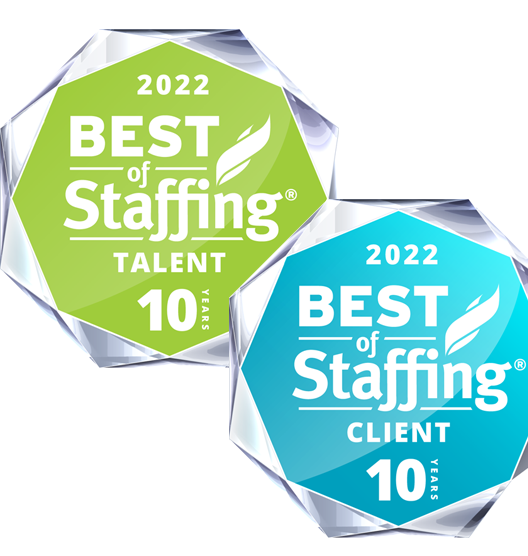Are You the Leader Your Workplace Needs? |
|

Despite common assumptions, "manager" and "leader" are not synonymous. Managing is about maintaining the status quo. It is a manager's job to see to it that things run smoothly and the team meets expectations. Leadership, however, is about forward progress. Leaders guide people into new places, encouraging growth and change. Use these tips to evolve in your career and become the leader your workplace needs. Check Your Ego at the Door Leaders never say, "that's not my job," nor do they believe that they are "above" certain tasks. They help out wherever and whenever it's needed. Stepping up guarantees that work gets done and helps the team keep their focus. People are also much more willing to follow someone who rolls up their sleeves and pitches in. Focus on Individual Strengths Strong leaders understand that their team's strengths are their biggest advantage and rather than focusing all of their energy on fixing weaknesses, leaders spend their time playing to their employees' strengths. They don't view employees within the restraints of their job descriptions; they assign tasks based on strengths and allow employees some autonomy in picking their own roles in projects. Build Accountability "Accountability" is about much more than simply owning up to your mistakes or forcing the team to be accountable for their actions. Accountable leaders follow through with promises, meeting their own deadlines and accepting responsibility when things go sideways. Showing accountability at the top encourages accountability in the team. Listen First Good leaders are excellent communicators, but first and foremost they are excellent listeners. They actively solicit input from their team and ask for feedback regularly. However, they don't just provide lip service. They take in the feedback and input and use it to make decisions that will benefit the entire team. Demonstrate Emotional Intelligence and Fitness Leaders should have emotional intelligence -- the ability to understand how others are feeling and adjust reactions accordingly. However, they should also have emotional fitness, which is the ability to roll with the ups and downs of business without becoming angry, frustrated or visibly upset. Great leaders never panic or lose their cool when things go wrong. Emotional responses create a sense of chaos among a team, and leaders understand that the best thing they can do is remain even-keeled, regroup and form a plan to move forward. Looking for More Advice? For more strategies on how to improve employee performance and your bottom line through effective leadership, reach out to the experts at PrideStaff today! |
|
resource center
The Watercooler Blog
Get workplace tips and trends related to employee retention, engagement, interviewing and more.
Fill 'er up
Top 0.5% in America!
PrideStaff has earned ClearlyRated's Best of Staffing Client and Talent 10-Year Diamond Awards for 3+ years. Less than 0.5% of all staffing firms receive this level of achievement.
See all our awards



